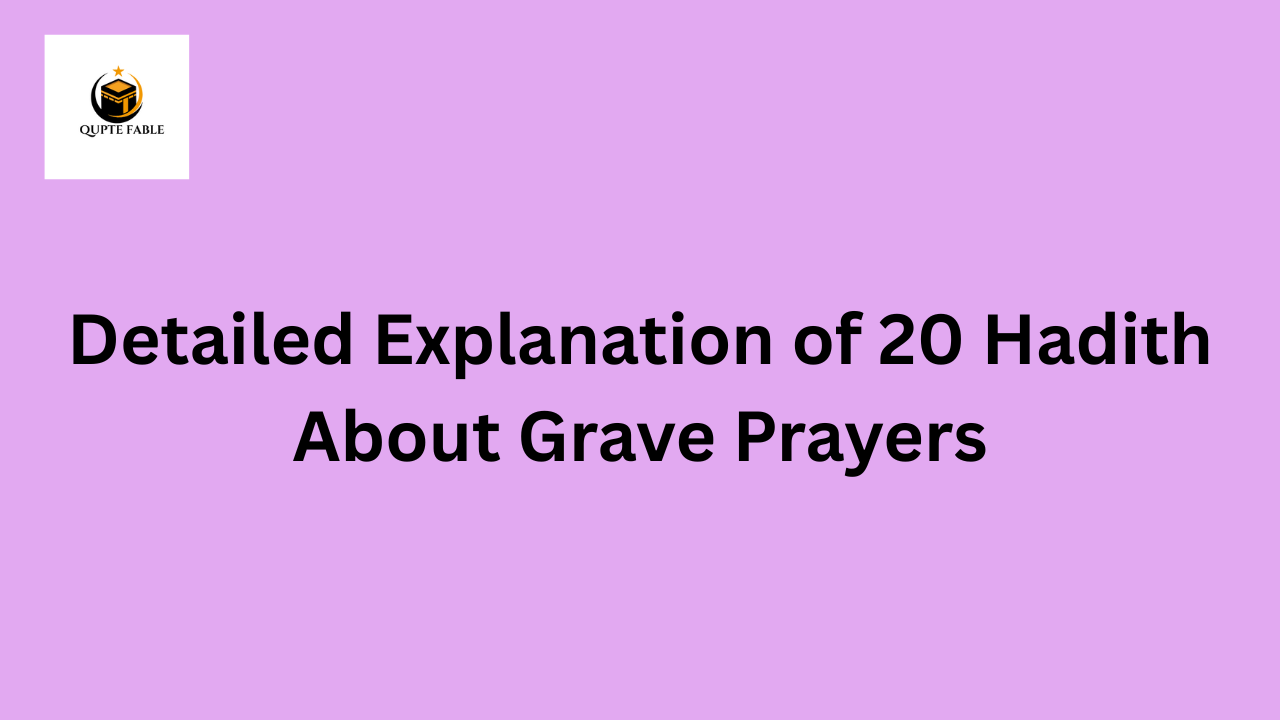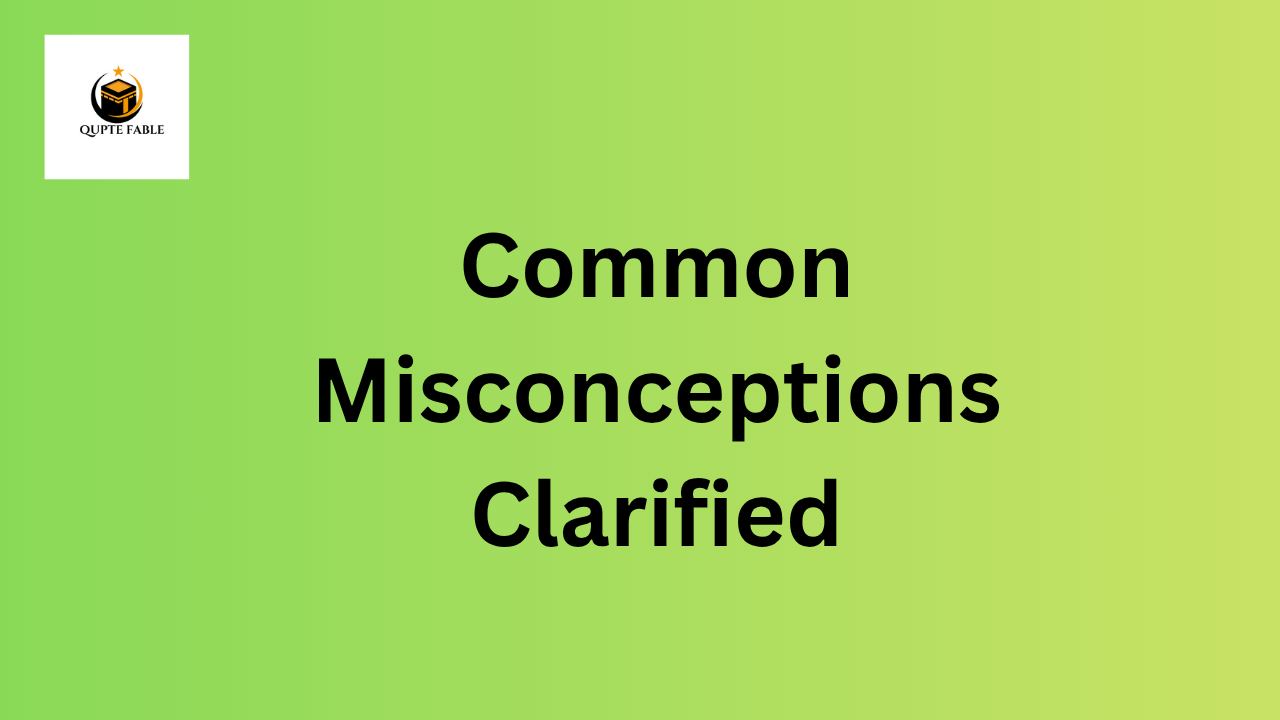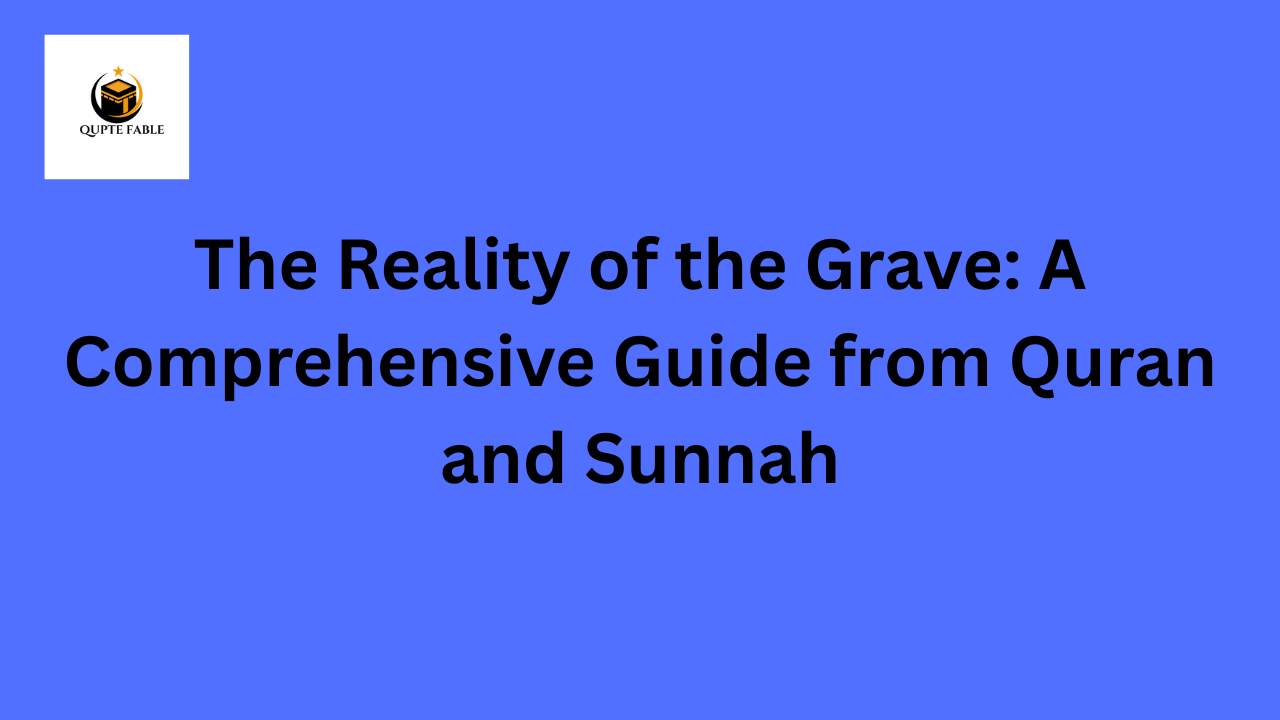The subject of the grave and what occurs after death is one of the fundamental beliefs in Islam. While the unseen remains known only to Allah, the Quran and authentic Hadith provide us with sufficient knowledge to understand the reality of the afterlife’s first station – the grave. This article explores the prayers from the Quran for the deceased, the authentic teachings from the Prophet Muhammad (peace be upon him) regarding the grave, and the proper Islamic etiquette concerning death and the afterlife.
Grave Prayers from the Quran with Translation
- Surah Al-Hashr (59:10)
Arabic: رَبَّنَا اغْفِرْ لَنَا وَلِإِخْوَانِنَا الَّذِينَ سَبَقُونَا بِالْإِيمَانِ
Translation: “Our Lord, forgive us and our brothers who preceded us in faith and do not place resentment in our hearts toward those who have believed.”
This comprehensive prayer encompasses forgiveness for both the living and the deceased believers, asking Allah to remove any ill feelings from the hearts of the living towards their departed brothers and sisters in faith.
- Surah Nuh (71:28)
Arabic: رَبِّ اغْفِرْ لِي وَلِوَالِدَيَّ وَلِمَنْ دَخَلَ بَيْتِيَ مُؤْمِنًا وَلِلْمُؤْمِنِينَ وَالْمُؤْمِنَاتِ
Translation: “My Lord, forgive me and my parents and whoever enters my house as a believer and the believing men and believing women.”
The prayer of Prophet Nuh teaches us to include all believers in our supplications, specifically mentioning our parents and those connected to our households.
- Surah Ibrahim (14:41)
Arabic: رَبَّنَا اغْفِرْ لِي وَلِوَالِدَيَّ وَلِلْمُؤْمِنِينَ يَوْمَ يَقُومُ الْحِسَابُ
Translation: “Our Lord, forgive me and my parents and the believers on the Day when the account is established.”
This verse emphasizes seeking forgiveness for the Day of Judgment, particularly focusing on the moment when all deeds will be accounted for.

Detailed Explanation of 20 Hadith About Grave Prayers
- The Three Continuing Deeds
The Prophet Muhammad (peace be upon him) said: “When a person dies, his deeds come to an end except for three: ongoing charity, beneficial knowledge, or a righteous child who prays for him.” (Sahih Muslim)
This hadith establishes the foundation for how the living can benefit the deceased. Ongoing charity includes buildings, wells, books, or any endowment that continues to benefit people. Beneficial knowledge refers to knowledge shared during one’s lifetime that continues to guide others. Most importantly for our discussion, a righteous child’s prayers directly benefit their deceased parents.
- The Collective Prayer
“The prayer of Muslims for their deceased brother is answered as long as it is not accompanied by sin.” (Ibn Majah)
This hadith emphasizes the power of collective supplication. When Muslims gather and sincerely pray for a deceased person, their prayers are particularly potent and likely to be answered by Allah.
- The Consequences of Excessive Grief
“The deceased is tortured in his grave due to the wailing of his family over him.” (Sahih Bukhari)
This profound teaching warns against excessive mourning and wailing, which indicates dissatisfaction with Allah’s decree. Such behavior can actually cause distress to the deceased in their grave.
- The Benefit of Prayers
“Pray for your deceased ones, for it benefits them.” (Abu Dawud)
A straightforward yet powerful reminder that our prayers and supplications reach and benefit those who have passed away.
- The Power of Forty Prayers
“No Muslim dies and forty men who associate nothing with Allah pray the funeral prayer for him, but Allah will accept their intercession for him.” (Sahih Muslim)
This highlights the significance of the funeral prayer and the importance of community participation in seeking forgiveness for the deceased.
The Stages After Death According to Islamic Teachings
1. The Soul’s Journey
According to Islamic teachings, when a believer dies, their soul is gently taken by the angels of mercy. The soul is then returned to the body temporarily for questioning in the grave.
2. The Questioning in the Grave
Every person will be questioned in their grave by two angels named Munkar and Nakir. They will ask three fundamental questions:
- Who is your Lord?
- What is your religion?
- Who is this man who was sent among you? (Referring to Prophet Muhammad)
The believers will answer correctly: “My Lord is Allah, my religion is Islam, and Muhammad is the Messenger of Allah.” Upon giving correct answers, a window to Paradise will open, and they will experience the comforts of the grave.
3. The Punishment and Blessings of the Grave
The grave can either be a garden from the gardens of Paradise or a pit from the pits of Hell. This depends on a person’s faith and deeds. The Prophet mentioned that the grave is the first station of the Hereafter – if one is saved from it, what comes after is easier.

4. The Barzakh Period
The time between death and resurrection is known as Barzakh. During this period, the soul exists in a state where it can experience blessings or punishment based on its earthly deeds.
Practical Guidance for Muslims
1. Visiting Graves
The Prophet initially prohibited visiting graves but later permitted it, saying: “Visit the graves, for they remind you of the Hereafter.” (Sahih Muslim) Visiting graves serves as a powerful reminder of mortality and the temporary nature of this world.
2. Proper Etiquette at Graves
When visiting graves, Muslims should:
- Greet the inhabitants of the graves with “As-salamu alaykum”
- Make sincere supplications for the deceased
- Avoid excessive weeping or wailing
- Reflect on one’s own mortality
3. What Benefits the Deceased
Based on authentic teachings, the following actions benefit the deceased:
- Sincere supplications
- Recitation of Quran
- Charity given on their behalf
- Hajj performed on their behalf
- Fasting fulfilled on their behalf
- Paying off their debts
4. What Harms the Deceased
Certain actions can cause distress to the deceased:
- Excessive wailing and crying
- Failure to pay off their debts
- Neglecting to make supplications for them
- Speaking ill of them after their death

Common Misconceptions Clarified
- Can the Dead Hear Us?
The majority scholarly opinion is that the dead cannot generally hear the living, except in specific circumstances known only to Allah. However, our prayers and supplications do reach and benefit them. - Building Structures Over Graves
The Prophet prohibited building structures over graves or writing on them, as this could lead to excessive veneration of the dead. - Women Visiting Graves
While there are different scholarly opinions, the general consensus is that women may visit graves as long as they observe proper Islamic etiquette and avoid excessive mourning.
Conclusion
The Islamic teachings regarding the grave provide a comprehensive understanding of what happens after death and how the living can continue to benefit their departed loved ones. Through sincere prayers, charity, and good deeds performed on their behalf, Muslims maintain a connection with those who have passed away while simultaneously preparing for their own inevitable journey.
The grave is not an end but rather the beginning of the eternal life to come. The prayers from the Quran and the teachings of Prophet Muhammad provide us with the guidance needed to navigate this reality with faith and wisdom. May Allah grant us all a good ending and make our graves gardens from the gardens of Paradise. Ameen.
While learning about the grave is important, Muslims should balance this knowledge with hope in Allah’s mercy and focus on performing good deeds that will benefit them in both this life and the Hereafter. The best preparation for the grave is living a life in accordance with Islamic teachings and constantly seeking Allah’s forgiveness.
Please read the related post:What is Magic in Islam? What Islam Says About Magic

